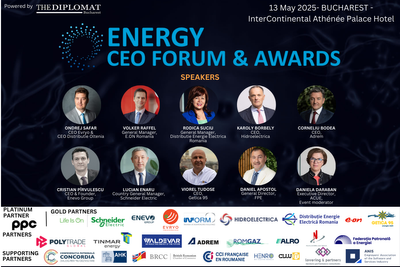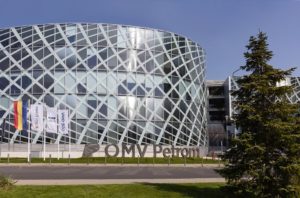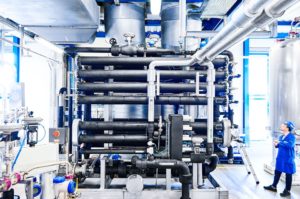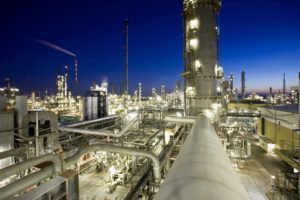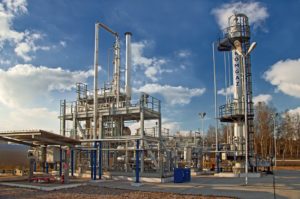INTERVIEW Mircea Blaga, TenarisSilcotub: “We have invested more than 10 million USD in energy efficiency in the last three years”
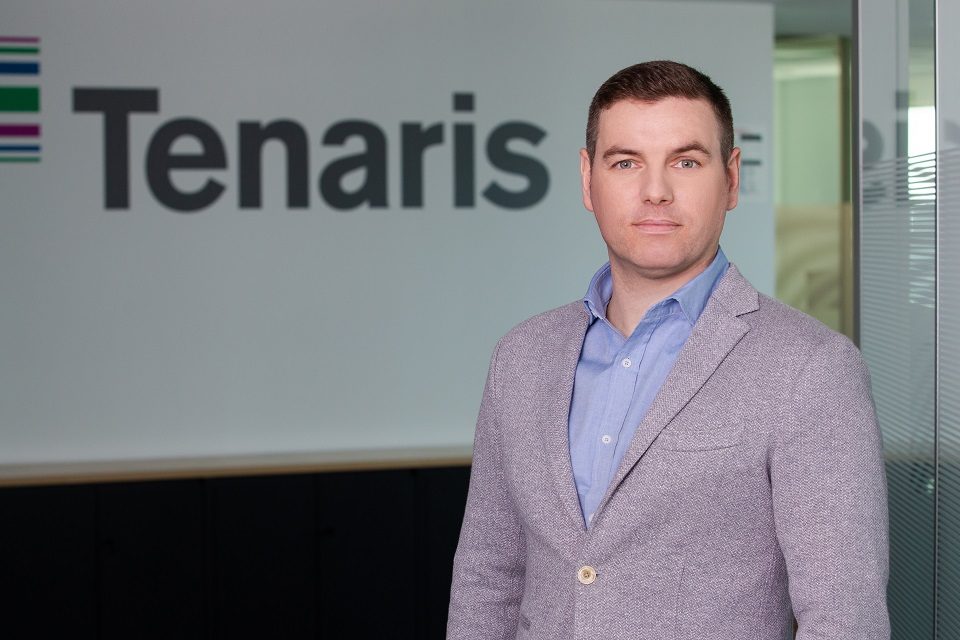
“Starting with 2019, energy efficiency is one of the pillars of Tenaris’ decarbonisation plan. We are proud that we have reduced our electricity consumption by 10 percent over the last four years,” Mircea Blaga, Steel Shop Senior Director, TenarisSilcotub told The Diplomat-Bucharest.
* “We have a plan to build a 20MW solar park, but this is relatively small relative to our consumption”
* “We believe that an approach should be considered to incentivize high-performing companies in the field of energy efficiency, with bonuses for both new investments and performance, which would help companies to sustain and implement such actions in a shorter time to the benefit of the national grid and of demand-consumption balance”
How is TenarisSilcotub managing to optimize its consumption in this volatile energy context?
Our focus is to consume less, more efficiently. The evolution of technology (big data, smart metering, etc) allows us to follow the energy consumed in the industrial process in real time and consume only what is needed. The switch on/off for different processes is controlled with Level 3 (known as conditional driving automation), which is helping us better navigate within this volatile energy context.
What are your initiatives and projects for improving the energy efficiency of your production facilities?
Energy efficiency is not a new subject for us, being an energy intensive consumer, we always focused on optimizing our process for competitiveness reasons.
We look in all aspects of our operations and we are defining plans both from small initiatives and relevant investments, and year by year we are able to find new equipment or process to be improved. We have the advantage that we have a high level of automation, and we have significant data available, which gives deep insight of the areas on which we need focus.
To give you an idea in the last 3 years we have invested more than 10 million USD in energy efficiency. For example, we have changed the water pumps from our utility station with newer generation with enhanced capabilities and better consumption. Additionally, we have revamped one of the electrical stations reducing idle consumption.
Starting with 2019, energy efficiency is one of the pillars of Tenaris’ decarbonisation plan. We are proud that we reduced with 10 percent our electricity consumption over the last 4 years.
We have invested in increasing awareness of our team on the importance of primary resources consumption in general and energy efficiency, and we are now reaping the rewards. If in the past, energy efficiency projects were proposed by a dedicated Energy Department, today, proposals come from everybody in the organization and the impact is multiplied.
What initiatives and implementations for green electricity generation exist?
As explained previously we are an intensive consumer of electricity, considering we are an industrial producer of seamless pipes. There is a big discussion if the industrial companies should become producers of energy /green energy or if they should continue to be consumers of energy/green energy.
What we are seeing is that the energy market is becoming more sophisticated and there are new instruments and types of contracts available such as PPA or virtual PPAs, that can provide stability of electricity prices long term.
Energy generation is a different industry and requires knowledge and insight, so it is not that easy for industrial companies to integrate this type of business.
Having said that, we have a plan to build a 20MW solar park, but this is relatively small relative to our consumption.
What measures and public policies could stimulate companies to invest more in energy efficiency?
Although there is legislation both at European and Romanian level for energy efficiency, we do not see any difference between companies that implement measures and get results and those that do not do much. Recently, the EU has increased the greenhouse gas reduction target from 30 percent to 40 percent by 2030 compared to 2005, but there is no concrete strategy on how this will be achieved. Romania tends in general to apply penalties rather than implementing incentive strategies on the energy efficiency side for consumers. This is also having an historical explanation, as until recently (i.e.2019) Romania had excess of energy and relatively stable and cheap energy, so energy efficiency was not a priority.
Now there are several EU funds, but the administrative side of accessing them is strenuous. Not all the companies have the resources and the patience to move ahead with a slow pace (late launch of funding axes, bureaucratic documentation, and relevant waiting times for project evaluation).
We believe that an approach should be considered to incentivize high-performing companies in the field of energy efficiency, with bonuses for both new investments and performance, which would help companies to sustain and implement such actions in a shorter time to the benefit of the national grid and of demand-consumption balance.




